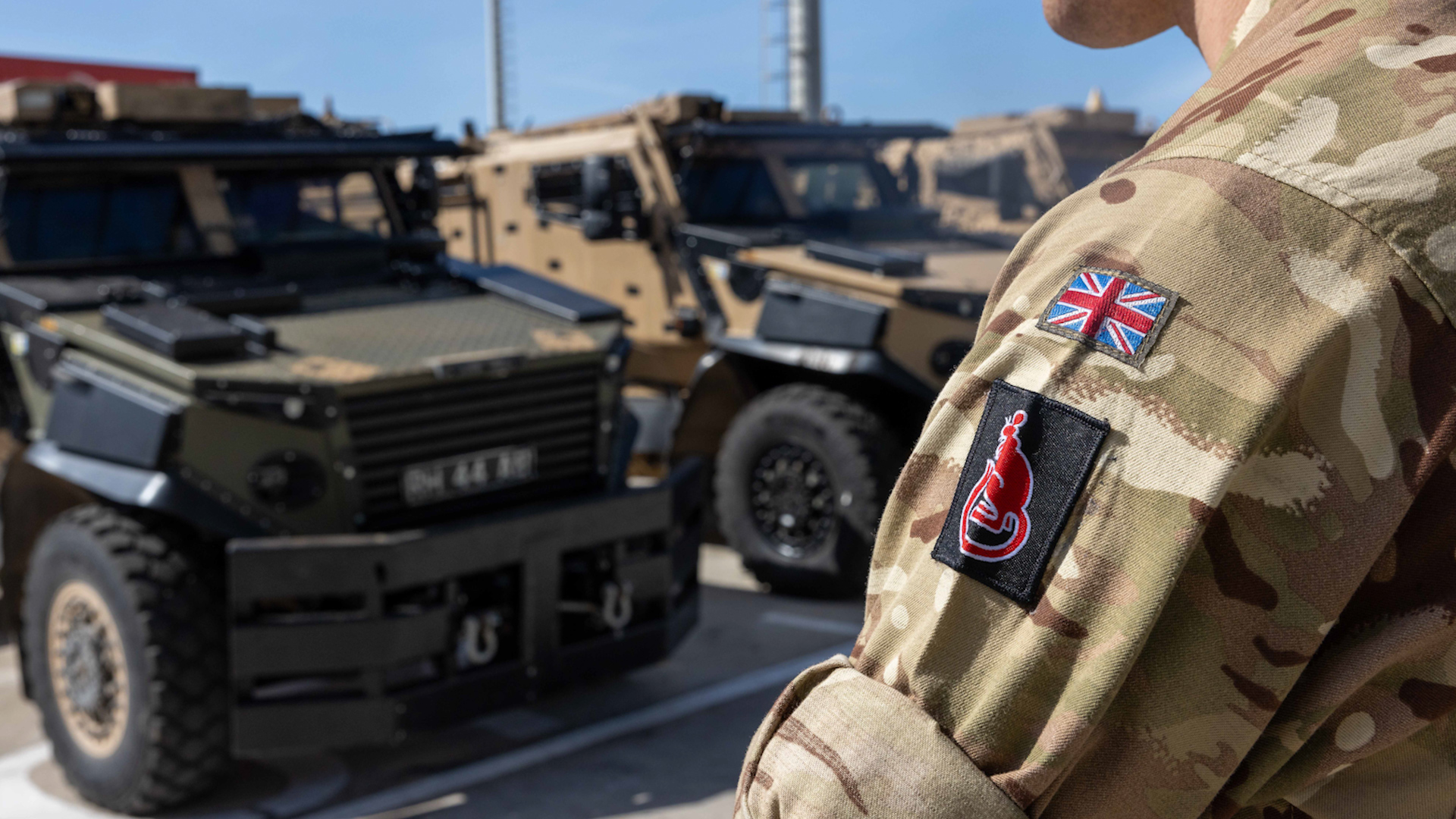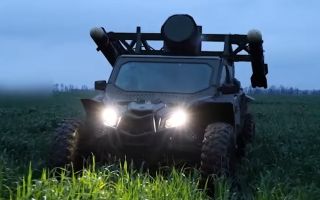
Thousands of troops on standby as British Army takes lead of Nato rapid response force

Thousands of British soldiers are being put on standby ready to deploy within days as UK forces take the lead of Nato's rapid response force.
The UK is taking over from Germany as the lead nation of Nato's Very High Readiness Joint Task Force (VJTF) from Monday, New Year's Day, and will provide the majority of personnel in the task force.
The VJTF was created after Russia's illegal annexation of Crimea in 2014, and deployed for the first time for the collective defence of the alliance after Russia's full-scale invasion of Ukraine in 2022.
- Royal Navy hands over command of Nato's premier Mediterranean task group
- US due to sign deal to gain access to Finnish military bases on Russian border
- German and British forces display deepening defence ties on joint military exercise
Writing on X, formerly known as Twitter, Defence Secretary Grant Shapps said: "From today thousands of British soldiers are standing ready to urgently deploy, as the UK takes the lead of @NATO’s rapid response force.
"Prepared for any threat, they will keep Britain safe as we enter a year that will define the future of NATO, with the threats around our alliance growing."
The leadership position of the VJTF is rotated annually among Nato members. Britain previously led the force in 2017.
Nato's Allied Rapid Reaction Corps (ARRC), based in Gloucester, assumes its role in the task force as the land command component.
"We are ARRC, we are ready," ARRC wrote on X.
What is Nato's VJTF?
The VJTF is the highest readiness element of the larger Nato Response Force (NRF), including air, maritime and special operations forces.
The Ministry of Defence said: "In 2024, VJTF land forces will comprise some 6,000 troops, with the UK's 7th Light Mechanised Brigade Combat Team - the 'Desert Rats' - at its core."
This is the same force that led the response during the activation of Nato's Strategic Reserve Force in Kosovo last year.
The brigade consists of a light cavalry regiment and four light mechanised infantry battalions, with enabling artillery, engineering, logistic and medical regiments.
Major units include the Royal Scots Dragoon Guards, 4th Battalion The Royal Regiment of Scotland and 2nd Battalion the Royal Anglian Regiment.
The UK's existing commitments to Nato include UK leadership of the enhanced Forward Presence (eFP) mission in Estonia, with a brigade of troops held at high readiness in the UK to reinforce Estonia and the wider Baltic at a time of crisis.
Nine Nato allies - the UK, Spain, Poland, Hungary, Turkey, Latvia, North Macedonia, Romania and Albania - will contribute to the Nato Response Force in 2024.
The alliance will transition the Nato Response Force into the new Allied Reaction Force in mid-2024.









